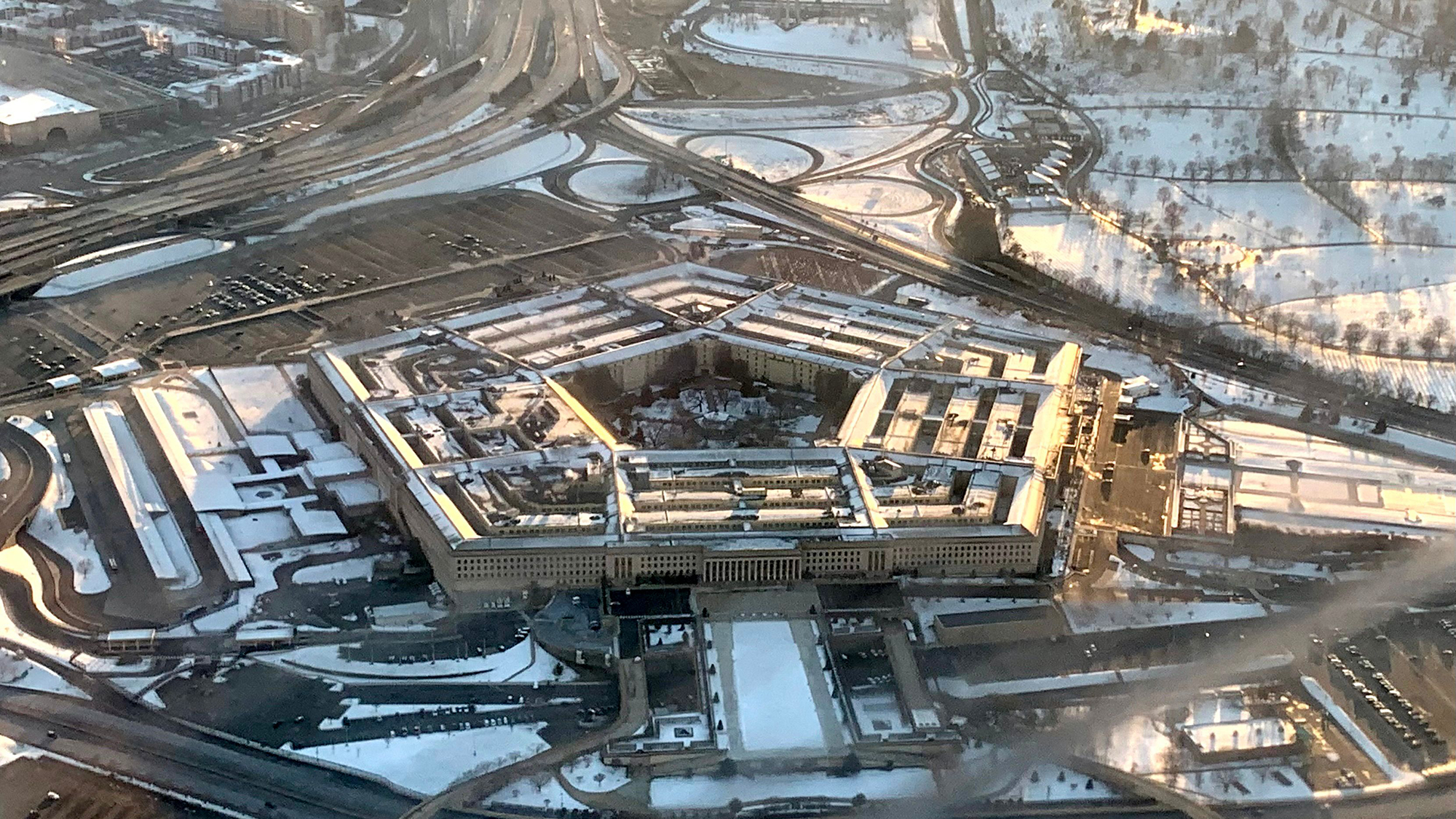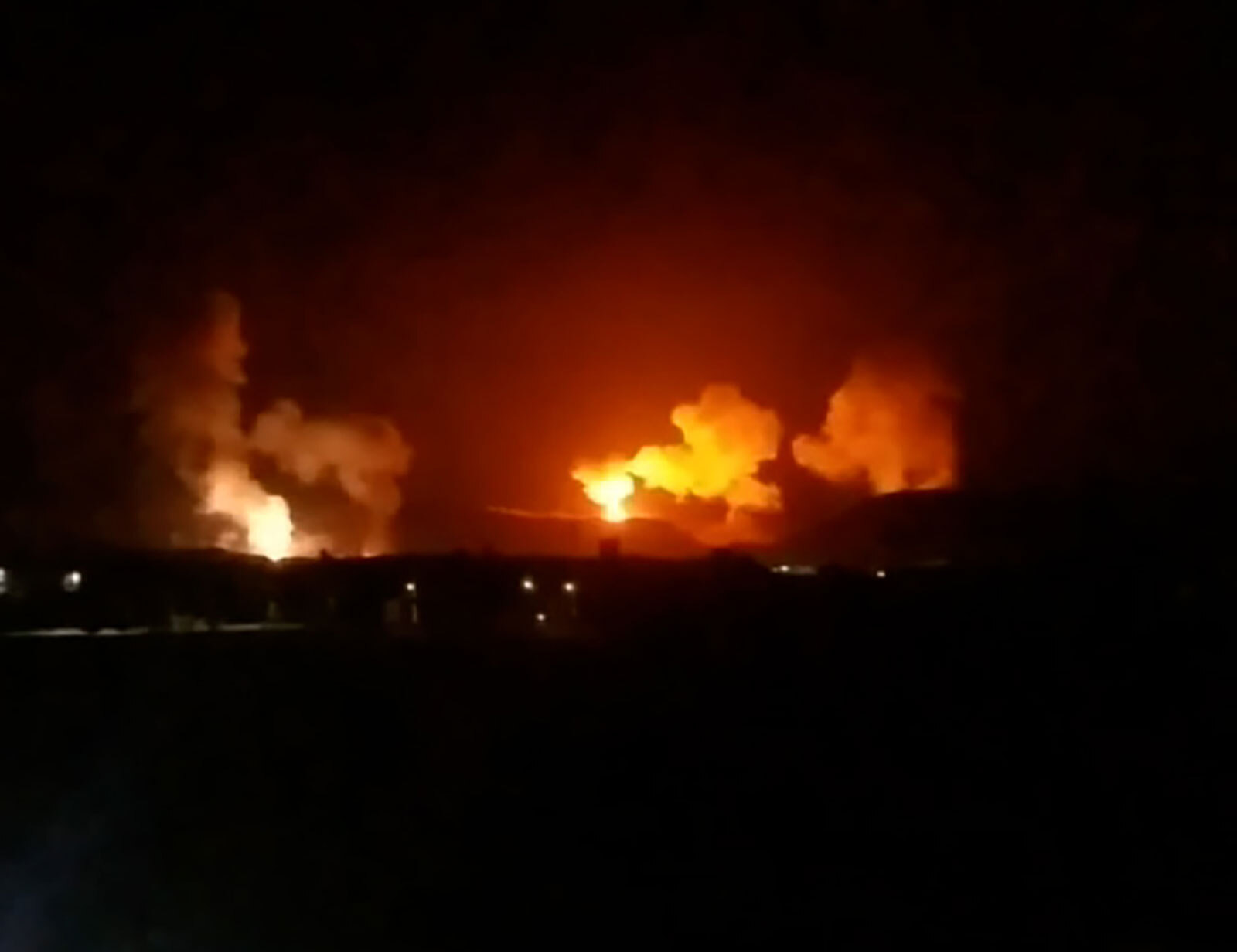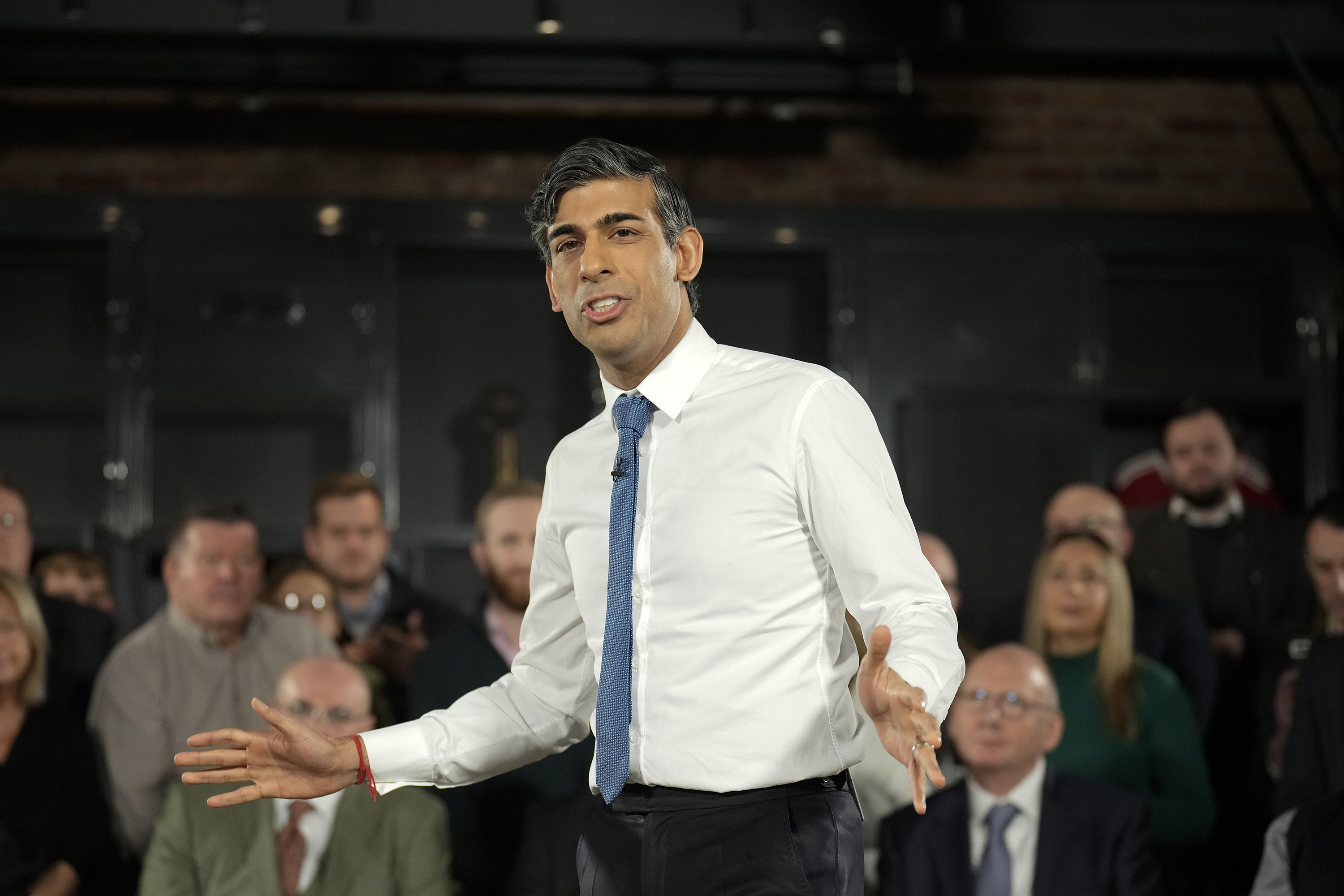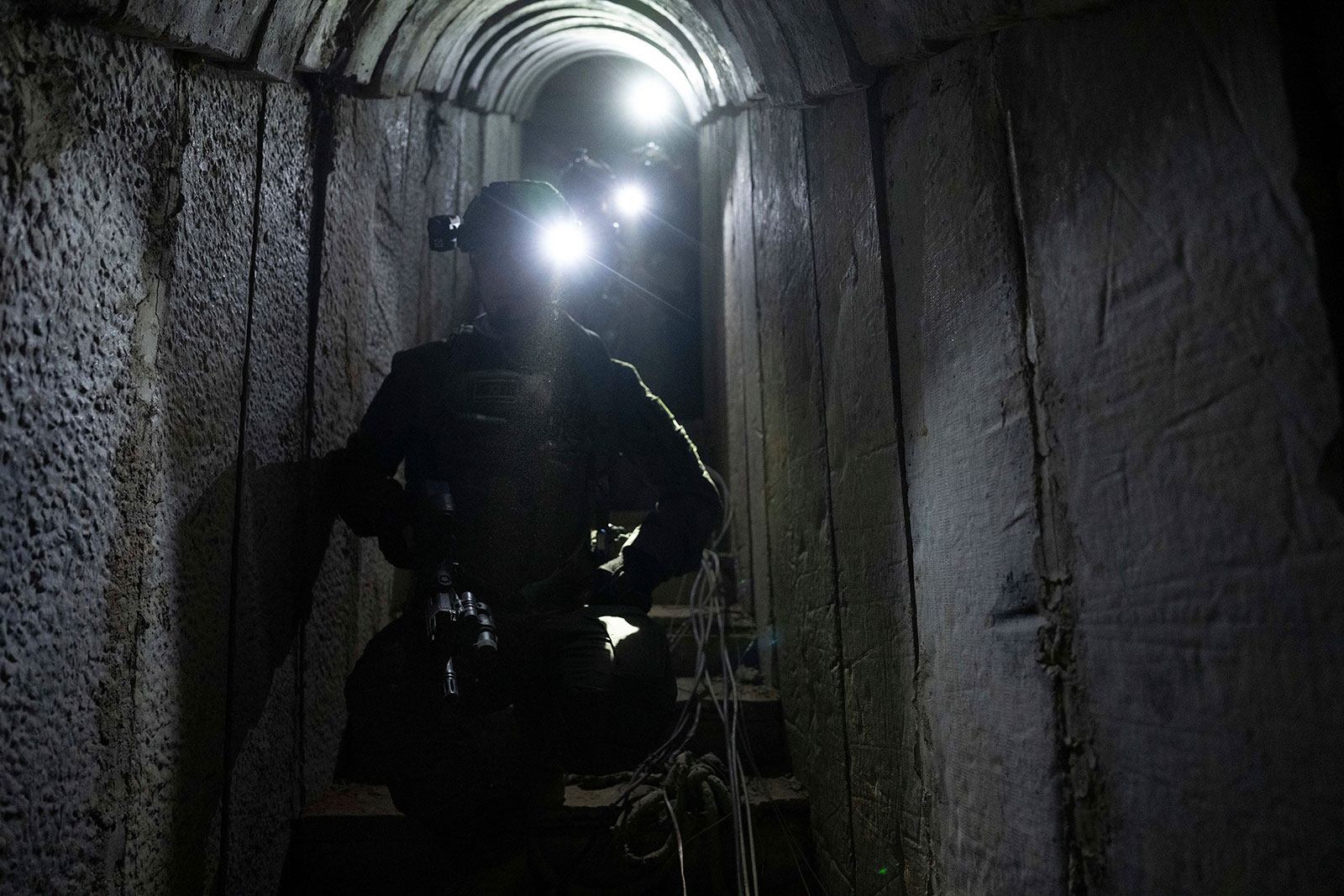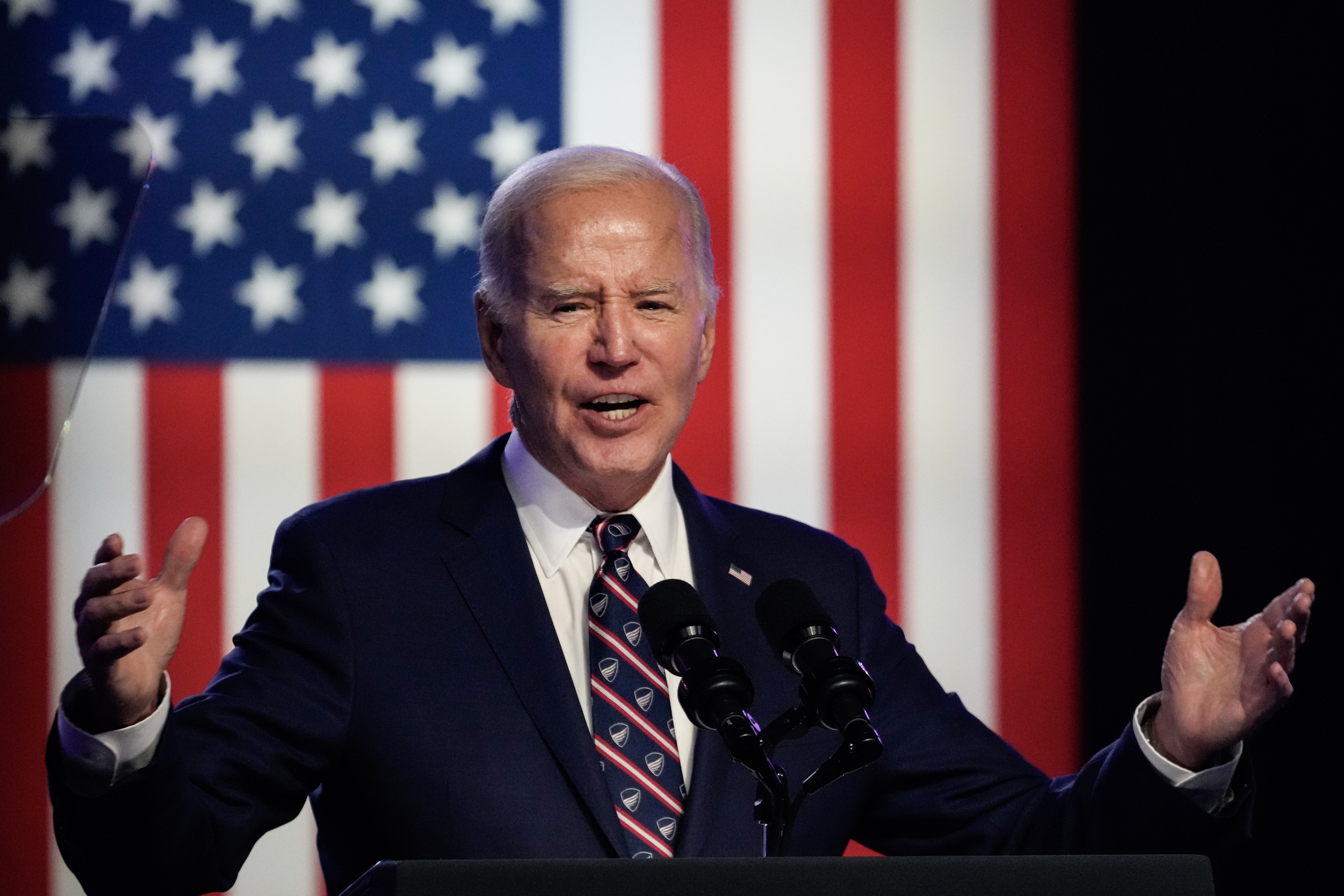
US President Joe Biden said strikes by the United States and United Kingdom against Houthi-controlled areas in Yemen are “in direct response to unprecedented Houthi attacks against international maritime vessels in the Red Sea.”
"These attacks have endangered U.S. personnel, civilian mariners, and our partners, jeopardized trade, and threatened freedom of navigation," the president said in a statement Thursday.
He said the strikes were carried out by the US and the UK with support from Australia, Bahrain, Canada, and the Netherlands, according to the statement.
Biden said the attacks by Houthi rebels in the Red Sea have had a wide impact, affecting commercial shipping from more than 50 countries.
"These targeted strikes are a clear message that the United States and our partners will not tolerate attacks on our personnel or allow hostile actors to imperil freedom of navigation in one of the world’s most critical commercial routes," Biden said, adding that he will "not hesitate" to take further measures.
